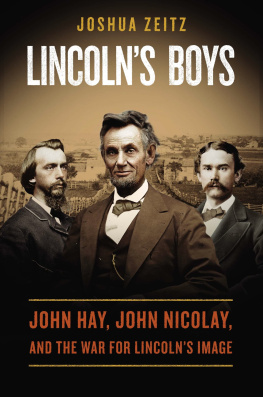Joshua M. Zeitz - White Ethnic New York
Here you can read online Joshua M. Zeitz - White Ethnic New York full text of the book (entire story) in english for free. Download pdf and epub, get meaning, cover and reviews about this ebook. year: 2011, publisher: Univ of North Carolina Press, genre: Politics. Description of the work, (preface) as well as reviews are available. Best literature library LitArk.com created for fans of good reading and offers a wide selection of genres:
Romance novel
Science fiction
Adventure
Detective
Science
History
Home and family
Prose
Art
Politics
Computer
Non-fiction
Religion
Business
Children
Humor
Choose a favorite category and find really read worthwhile books. Enjoy immersion in the world of imagination, feel the emotions of the characters or learn something new for yourself, make an fascinating discovery.

- Book:White Ethnic New York
- Author:
- Publisher:Univ of North Carolina Press
- Genre:
- Year:2011
- Rating:4 / 5
- Favourites:Add to favourites
- Your mark:
- 80
- 1
- 2
- 3
- 4
- 5
White Ethnic New York: summary, description and annotation
We offer to read an annotation, description, summary or preface (depends on what the author of the book "White Ethnic New York" wrote himself). If you haven't found the necessary information about the book — write in the comments, we will try to find it.
White Ethnic New York — read online for free the complete book (whole text) full work
Below is the text of the book, divided by pages. System saving the place of the last page read, allows you to conveniently read the book "White Ethnic New York" online for free, without having to search again every time where you left off. Put a bookmark, and you can go to the page where you finished reading at any time.
Font size:
Interval:
Bookmark:
All rights reserved
Set in Quadraat and Bureau Grotesque
by Keystone Typesetting, Inc.
Manufactured in the United States of America The paper in this book meets the guidelines for permanence and durability of the Committee on Production Guidelines for Book Longevity of the Council on Library Resources.
Library of Congress
Cataloging-in-Publication Data
Zeitz, Joshua
White ethnic New York: Jews, Catholics, and the shaping of postwar politics/ Joshua M. Zeitz
p. cm.
Includes bibliographical references and index
ISBN 978-0-8078-3095-6 (cloth: alk. paper)
ISBN 978-0-8078-5798-4 (pbk.: alk. paper)
I. JewsNew York (State)New YorkHistory
20th century. 2. CatholicsNew York (State)
New YorkHistory20th century. 3. New York
(N.Y.)Politics and government20th century.
4. New York (N.Y.)Religion20th century.
5. New York (N.Y.)Ethnic relations. 6. United
StatesReligion1945-1960.1. Title.
F128.9.J5Z45 2007
305.89240747I09045dc22
2006033636
cloth 11 10 09 08 07 5 4 3 2 1
paper 11 10 09 08 07 5 4 3 2 1
Abraham and Ann Zeitz,
Jack Bagan, and
Elaine Bagan Zeitz
Font size:
Interval:
Bookmark:
Similar books «White Ethnic New York»
Look at similar books to White Ethnic New York. We have selected literature similar in name and meaning in the hope of providing readers with more options to find new, interesting, not yet read works.
Discussion, reviews of the book White Ethnic New York and just readers' own opinions. Leave your comments, write what you think about the work, its meaning or the main characters. Specify what exactly you liked and what you didn't like, and why you think so.

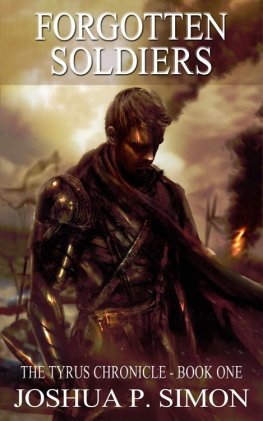
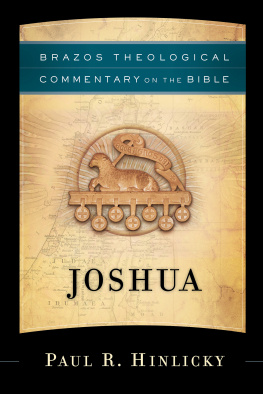
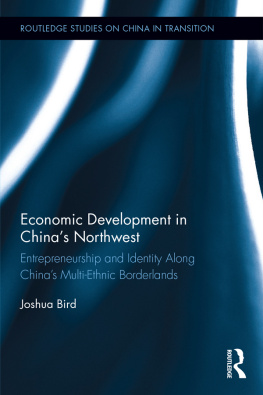
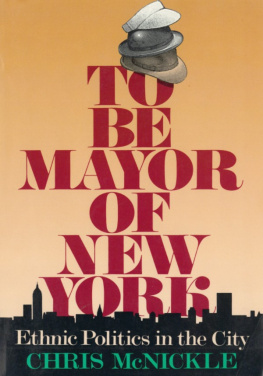
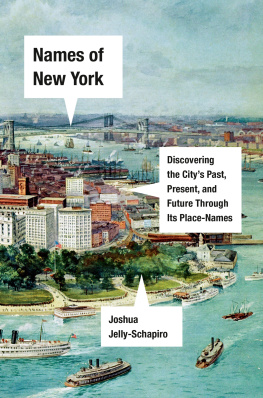
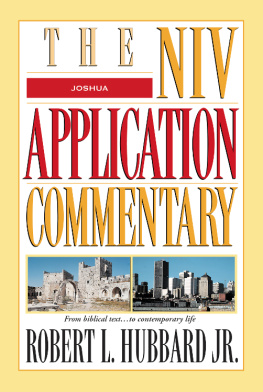
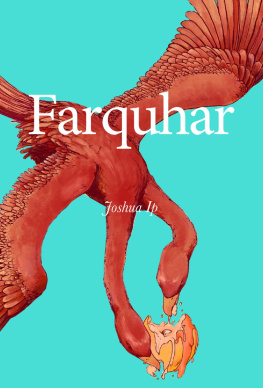
![Joshua Backfield [Joshua Backfield] - Becoming Functional](/uploads/posts/book/120483/thumbs/joshua-backfield-joshua-backfield-becoming.jpg)
